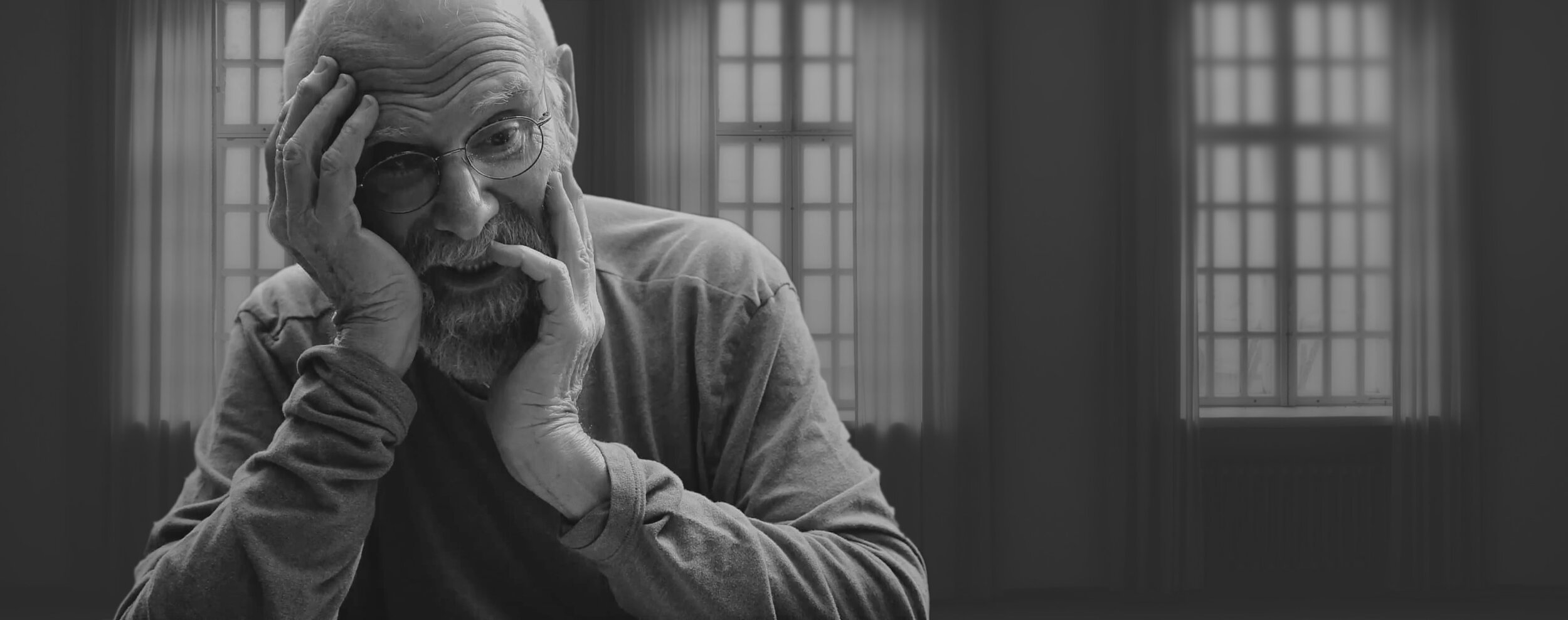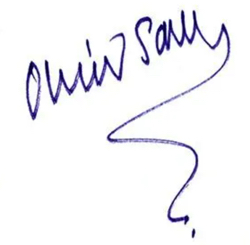“Words, words, words.”
Dr. Sacks has just returned from a three-day visit to the University of Warwick, where he gave a lecture on the importance of the case history in medicine—and saw the Royal Shakespeare Company performing in nearby Stratford-upon-Avon.
Being surrounded by such eloquent actors and students, eager to communicate their thoughts and feelings, his own thoughts have returned to aphasia. You may have read “Recalled to Life,” his moving portrait of Pat H., in The Mind’s Eye. Or his chapter about music therapy for aphasia in Musicophilia.
What is aphasia?
Imagine knowing what you want to say, but your brain refuses to let you utter even the simplest word. Or imagine listening to your friends and family and having no idea what their words mean. Sometimes the ability to read or write is affected, too.
Most commonly, aphasia results from a stroke or a head injury, and it may last a few days or a lifetime. People with aphasia have difficulty with language, but they are not intellectually impaired. Yet they are too often neglected and isolated. Music can help people with aphasia to retrieve words, and so can other therapies.
On April 10, 2013, join Dr. Sacks in New York City as he introduces a new film about aphasia, “After / Words.” The film will be shown as part of the National Aphasia Association’s spring benefit. Here is a preview.








